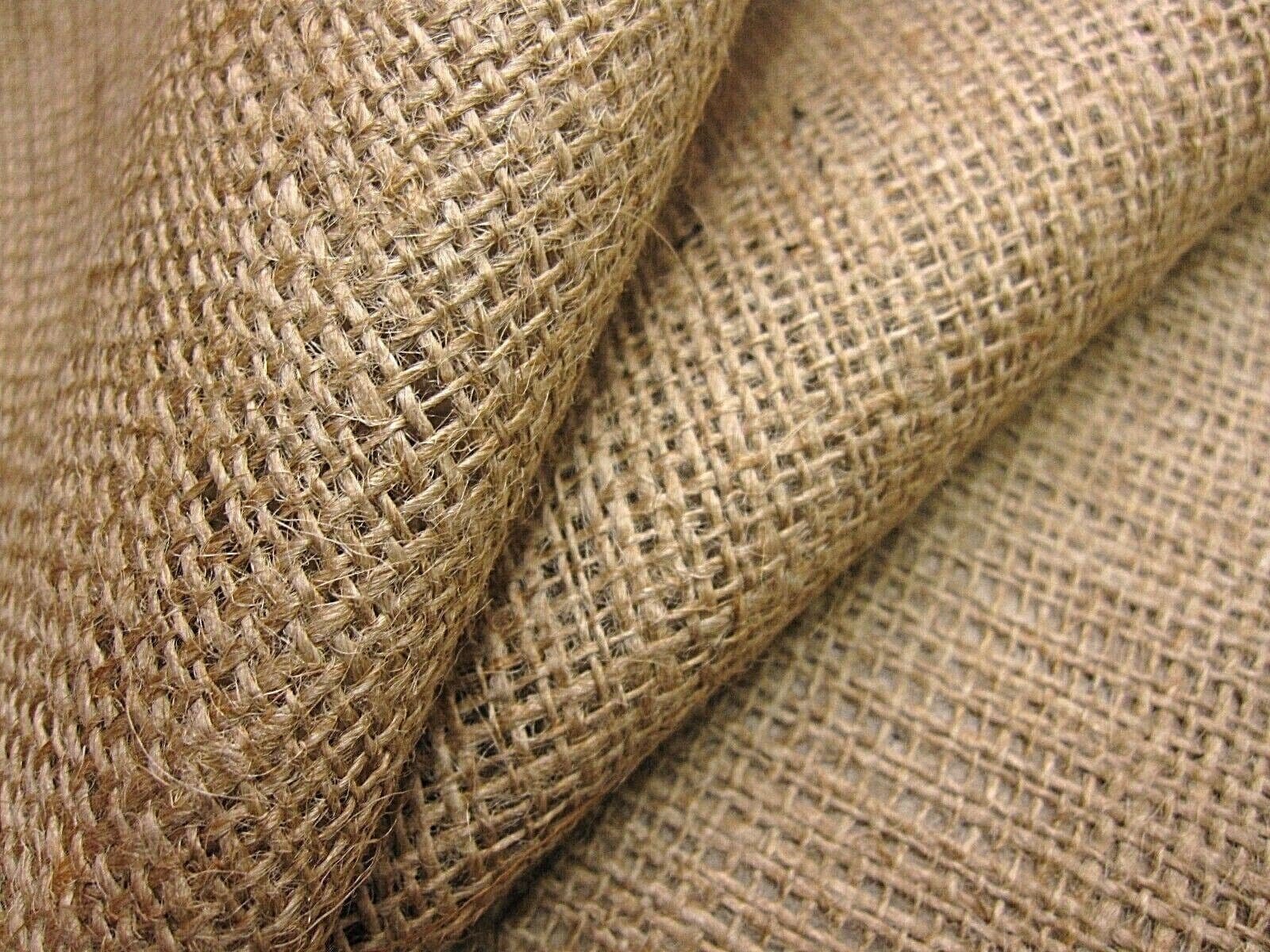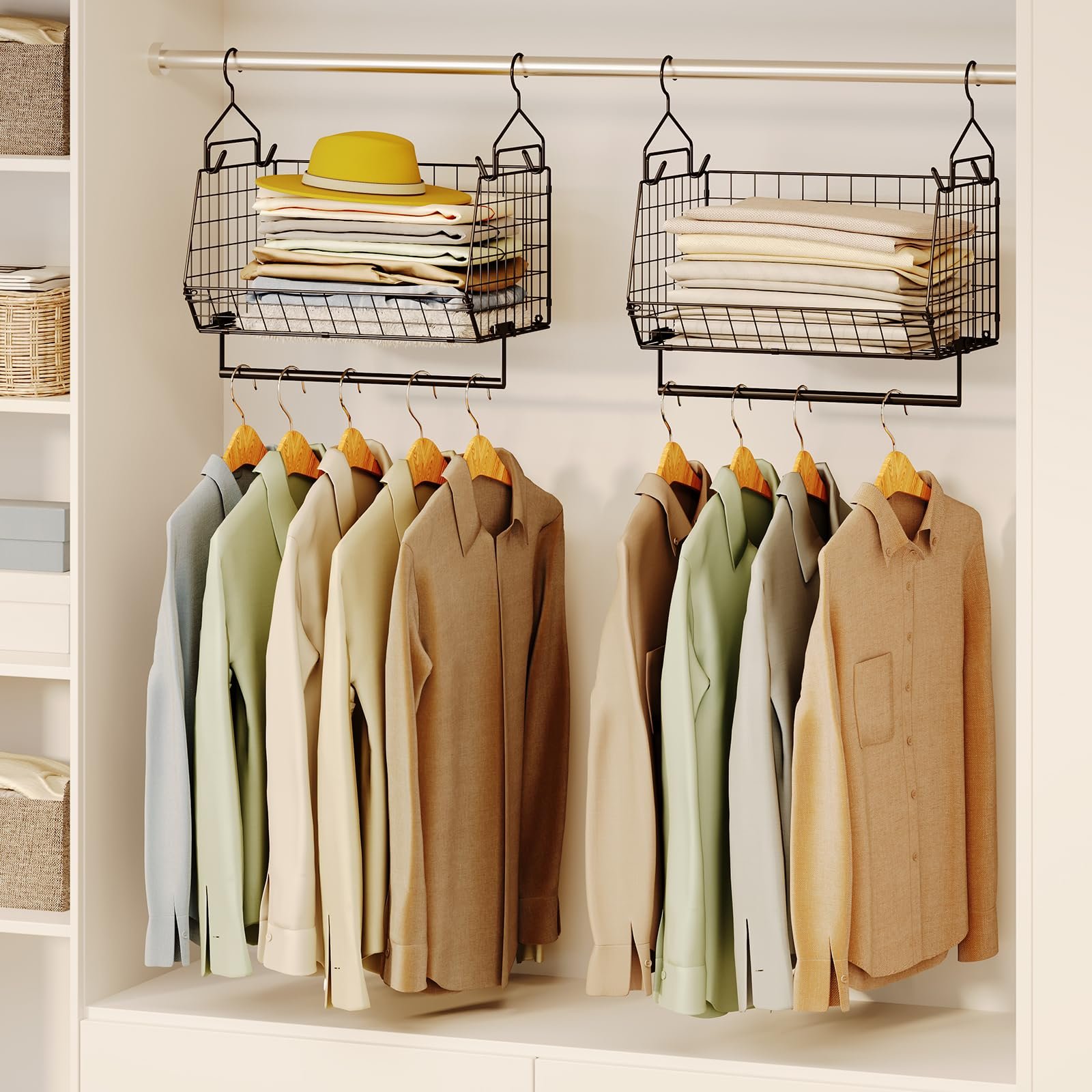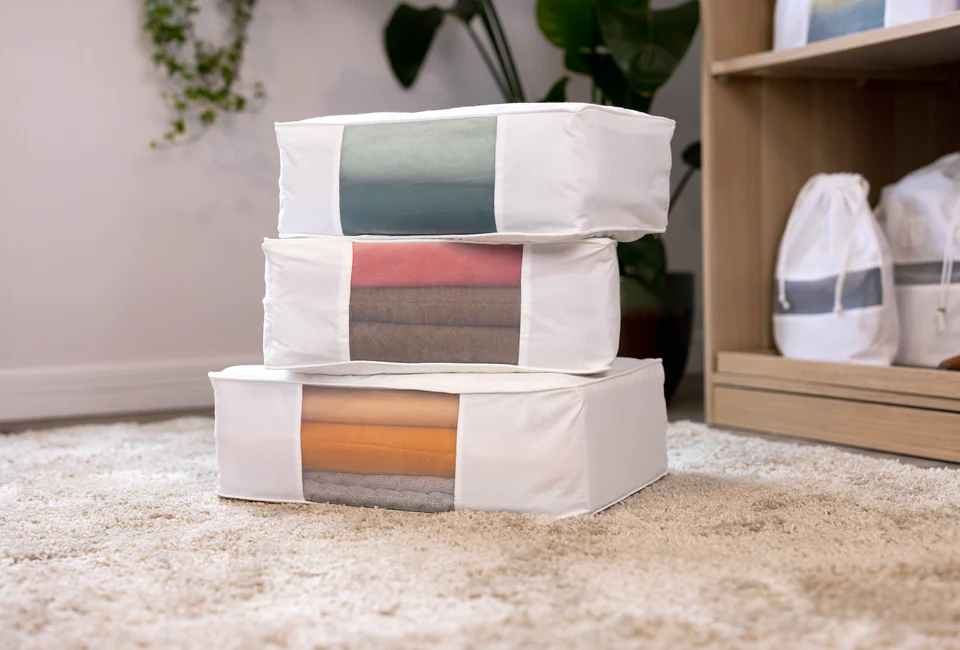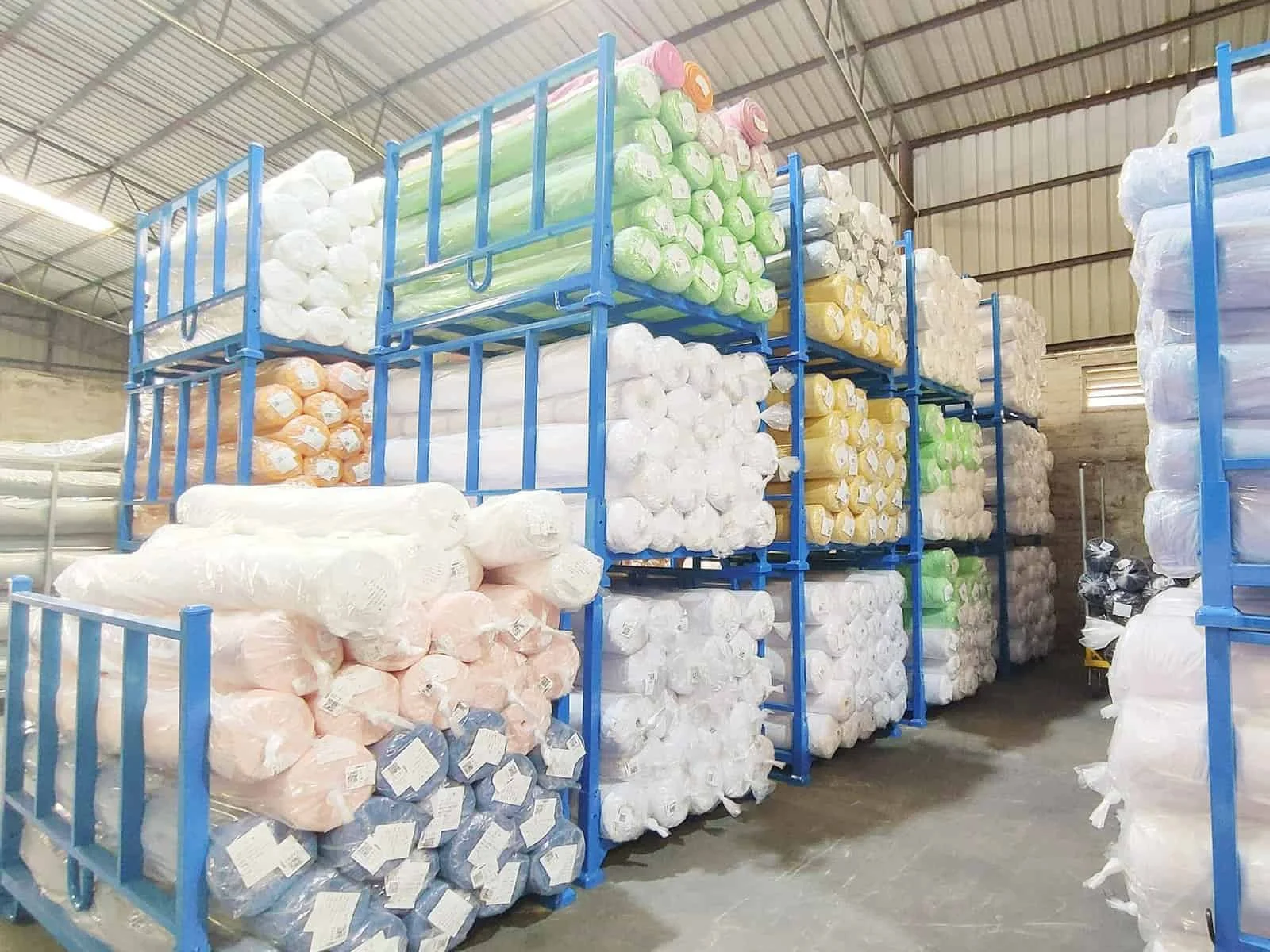Non-woven fabric is an innovative material widely used in various industries for its unique properties and versatility. Unlike traditional woven fabrics, non-woven materials are not made by weaving or knitting but rather by bonding fibers together through chemical, mechanical, heat, or solvent treatment.
In this article, we’ll delve into what is non woven fabric, its key characteristics, and its common applications. We’ll also answer common questions like, “What does non-woven fabric mean?”, and discuss whether non-woven fabric is water-resistant.
What is Non Woven Fabric?
In simple terms, non-woven fabric refers to a fabric made from long fibers that are bonded together rather than woven or knitted. The production process is much faster and cheaper than traditional textile manufacturing methods, making non-woven fabrics highly desirable for disposable or single-use products like face masks, medical gowns, and filters.
To answer the question, “what is non woven fabric?”, it signifies a fabric that is not made by interlacing yarns but through a bonding process that can involve chemicals, heat, or mechanical action. This gives non-woven fabrics a wide range of characteristics, from softness and breathability to rigidity and durability.
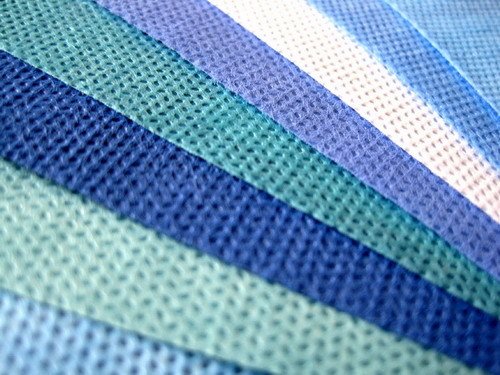
Is Non-Woven Fabric Water-Resistant?
One common inquiry is whether non-woven fabric is water-resistant. The answer depends on the type and treatment of the fabric. Many non-woven fabrics, especially those used in medical or outdoor applications, are treated to become water-resistant. However, not all non-woven materials have this property inherently.
For instance, non-woven fabric cloth used in medical masks often has a layer that repels moisture, making it ideal for protection. But there are other non-woven materials, such as those used in gardening or disposable tablecloths, that are not water-resistant. Therefore, the answer largely depends on the specific application and the material’s treatment during production.
Key Characteristics of Non-Woven Fabric
Non-woven fabrics offer several advantages over traditional woven materials:
Lightweight: Non-woven fabrics are usually lightweight, which makes them ideal for disposable products like medical masks and wipes.
Cost-Effective: The production process is simpler and faster, reducing the overall cost of manufacturing.
Customizable: The fabric can be made to exhibit specific properties, such as water resistance, softness, or durability, depending on its intended use.
Environmentally Friendly: Many non-woven fabrics are made from recyclable or biodegradable materials, contributing to sustainability in industries like healthcare and packaging.
Common Applications of Non-Woven Fabric
The versatility of non-woven fabric cloth makes it suitable for a wide range of applications, including:
Medical Use: Non-woven materials are commonly found in disposable medical products like surgical masks, gowns, and bandages. These fabrics are chosen for their ability to resist moisture and contaminants, offering a sterile solution.
Agriculture: In gardening and agriculture, non-woven fabrics are used as protective covers for crops, helping to retain moisture while keeping pests away.
Home Goods: From shopping bags to tablecloths, non-woven materials are frequently used for disposable household products due to their cost-effectiveness.
Personal Care: Non-woven materials are used in hygiene products like diapers and sanitary pads for their softness and absorbency.


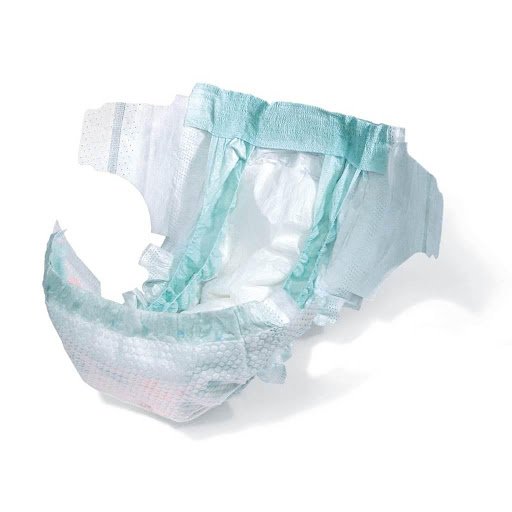
Is Non-Woven Fabric Environmentally Friendly?
Another frequently asked question is whether non-woven fabrics are environmentally friendly. Many non-woven materials are made from polypropylene, which is a recyclable plastic. When properly disposed of, non-woven products can be recycled into new materials.
However, some non-woven fabrics are single-use and contribute to waste if not recycled or disposed of correctly. Fortunately, advancements in eco-friendly materials are pushing the development of biodegradable non-woven fabrics.
Conclusion
In summary, non-woven fabric is a highly versatile material used in everything from medical supplies to household items. Its unique properties, such as lightweight construction, cost-effectiveness, and customizability, make it a popular choice in many industries.
Whether you’re wondering what non-woven fabric means or looking to understand if non-woven fabric is water-resistant, this guide offers a complete overview. With continuous innovation, non-woven fabrics will likely become even more integral to our daily lives and industries.

